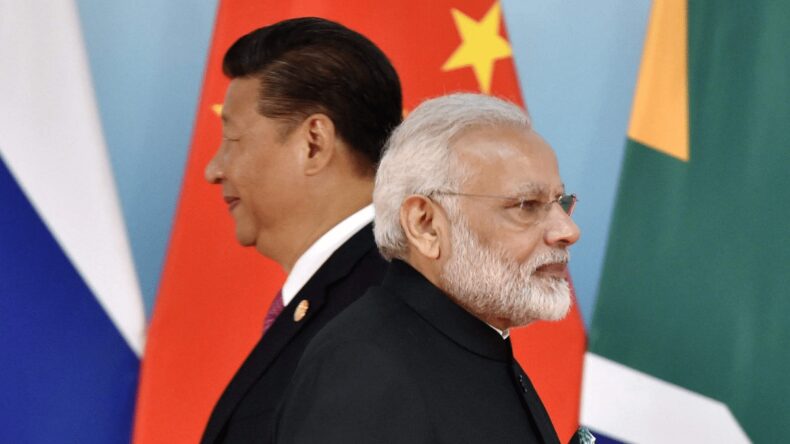China has renamed 11 places in Arunachal Pradesh as ‘Southern Tibet’, which is seen as an audacious claim over the Indian state.
Table of Contents

China has recently stirred up controversy by releasing the standardized names of 11 places in Arunachal Pradesh, India, which it claims as the southern part of Tibet. This move is following the country’s regulations on geographical names issued by the State Council and its cabinet.
However, this has been regarded as a renewed attempt by China to assert its territorial claim over the disputed region. The renaming exercise has been seen by many as a way for Beijing to place the pot boiling in Arunachal Pradesh.
China’s renewed efforts to assert a claim over Arunachal Pradesh

China has announced a third set of names for 11 locations in Arunachal Pradesh, India, in Chinese, Tibetan, and pinyin characters. According to State Council restrictions on geographical names, these locations are referred to as “Zangnan, the southern section of Tibet.”
This is China’s third batch of standardized geographical names for Arunachal Pradesh, following the first batch of six locations released in 2017 and the second batch of 15 sites announced in 2021.

China’s move to rename sites in Arunachal Pradesh has previously been disputed by India, claiming that the state has always been and will always be an important part of India and that awarding fabricated names does not change this fact. China’s decision to rename sites in Arunachal Pradesh is not new, and it is part of the country’s efforts to reaffirm its claim to the Indian state.
The renaming exercise has consequences for bilateral relations because it keeps China’s claim to so-called South Tibet alive and forces the Indian state to participate in border negotiations if and when they occur between the two special representatives on the boundary dialogue.

The Chinese move in follows the PLA’s attempt in May 2020 to enforce the India-rejected 1959 line on East Ladakh during transgressions in Galwan, Gogra-Hot Springs, and Pangong Tso. The renaming is part of a bigger Chinese plan since the PLA has deployed no less than six Combined Arms Brigades (CABs) in India’s eastern region as a reserve position.
Impact of Renaming exercise on India-China bilateral relations
India has not welcomed China’s decision to rename the region, since it only serves to bolster India’s long-standing territorial claims in Arunachal Pradesh. India has rejected the divisive action, and the Modi administration has reaffirmed that Arunachal Pradesh is a fundamental component of India.

Image source: Mint
According to China’s Ministry of Civil Affairs and the state-run Global Times, the announcement of names is a legitimate move and China’s sovereign right to standardize geographical names. It states that the renaming exercise is not aimed at negative repercussions against any bilateral relations.
After China established military control of the Himalayan region in 1950, the Dalai Lama fled from Tibet through Tawang in Arunachal Pradesh and found refuge in India in 1959. Only a few days after the Dalai Lama visited Arunachal Pradesh, which Beijing vehemently denounced, China disclosed the first set of names.

The renaming exercise also coincides with the King of Bhutan’s visit to India. Bhutan and China have a territorial dispute. To resolve Bhutan’s border conflict with China, Beijing has resurrected an old land swap agreement that will oblige Thimphu to lose sovereignty over the area. This move also comes following a G-20 meeting in Arunachal Pradesh.
China’s recent move to rename 11 places in Arunachal Pradesh as part of its territory is a blatant violation of India’s sovereignty and territorial integrity. It is an unmistakable indication of China’s expansionist agenda and its willingness to undermine international laws and norms. India has rightly condemned this action and asserted its rightful claim over Arunachal Pradesh.












